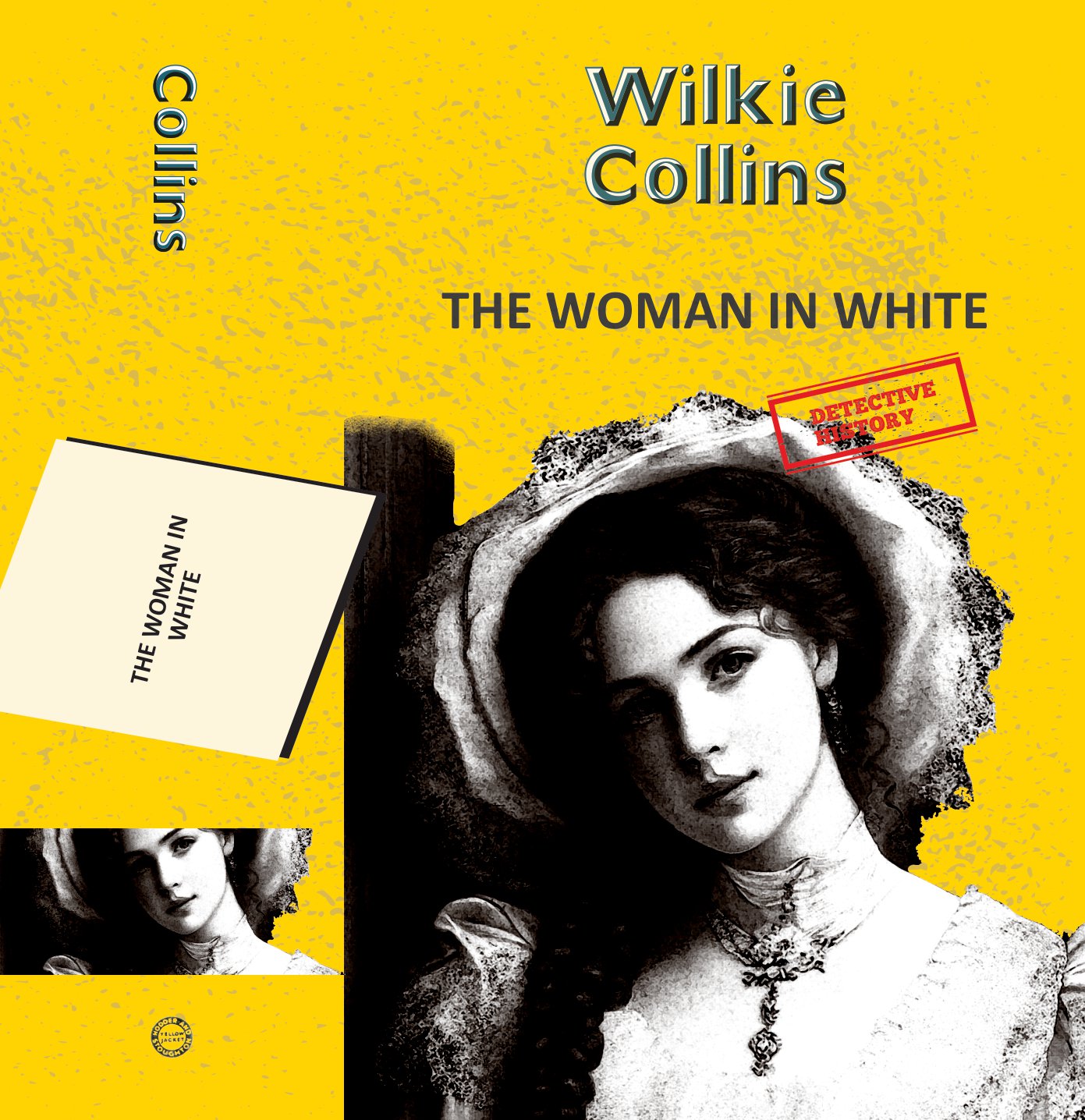Wilkie Collins
William Wilkie Collins was an English novelist and playwright known especially for The Woman in White (1859), a mystery and early "sensation novel", and for The Moonstone (1868), which, after Poe's Murders in the Rue Morgue, has been proposed as the first modern English detective novel.
Born to the London painter William Collins and his wife, Harriet Geddes, he moved with them to Italy when he was twelve, living there and in France for two years, learning both Italian and French. He worked initially as a tea merchant. After Antonina, his first novel, appeared in 1850, Collins met Charles Dickens, who became a friend and mentor. Some of his work appeared in Dickens's journals Household Words and All the Year Round. Collins gained financial stability and an international following by the 1860s but became so addicted to the opium he took for his gout, that his health and writing both declined in the 1870s and 1880s.
Collins criticized the institution of marriage: he split his time between widow Caroline Graves living with her for most of his life, treating her daughter as his and the younger Martha Rudd, by whom he had three children.

